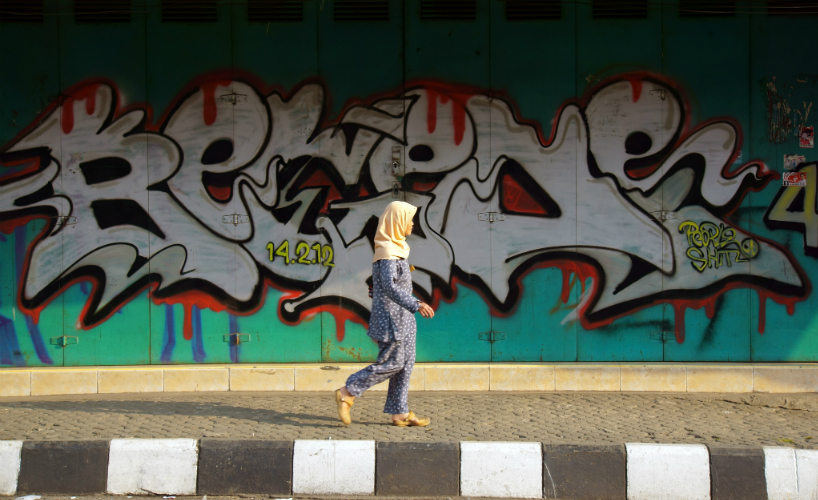
Indonesian society is collective in nature, which means strong, long-term commitments to family, friends, and social, religious and business entities to which they have become affiliated. This fosters strong inter-group relationships in which elders, corporate executives and government officials hold great influence and everyone tends to be in solidarity with or even protective of their immediate social milieu.
In general, Indonesian society, including the business community, does not have a high tolerance for uncertainty, which is reflected in strict rules, laws, policies, and regulations. This means a risk adverse attitude that resists change. Even so, the core sense of belonging and loyalty in societal groups can mean that societal rules and regulations may come second. Keep in mind that religion, in particular, can make decision making more subjective than in most secular states.
The business atmosphere of meetings will generally reflect this, as well as the graciousness and politeness of overall Indonesian tradition. The following are tips that may help make business interactions more comfortable and effective:
1. Although meetings traditionally start late, and Indonesian business colleagues will probably arrive accordingly, you will be expected to arrive on time.
2. Never comment on any perceived tardiness, and always rise when the person hosting the meeting walks into the room.
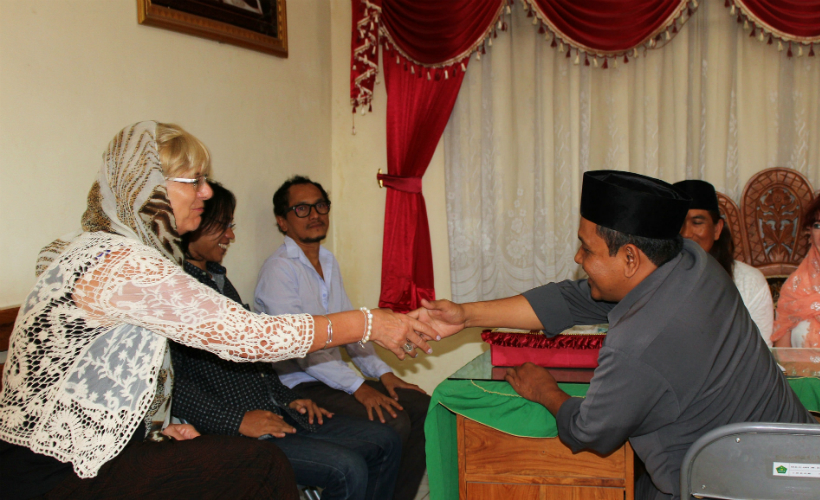
3. Physical contact between men and women in public, other than a brief limp handshake initiated by the man (lasting no more than 10-15 seconds), is considered inappropriate.
4. Male visitors should not initiate handshakes with Indonesian women, but should wait until the woman holds out her hand.
5. Handshakes are done as greetings and for leave taking.
6. Never use the left hand for shaking hands, handling papers or money, or eating.
7. Greetings are important and not to be rushed.
8. Business cards are presented following introductions. Be sure to pay close attention to names during introductions as remembering a person’s name.
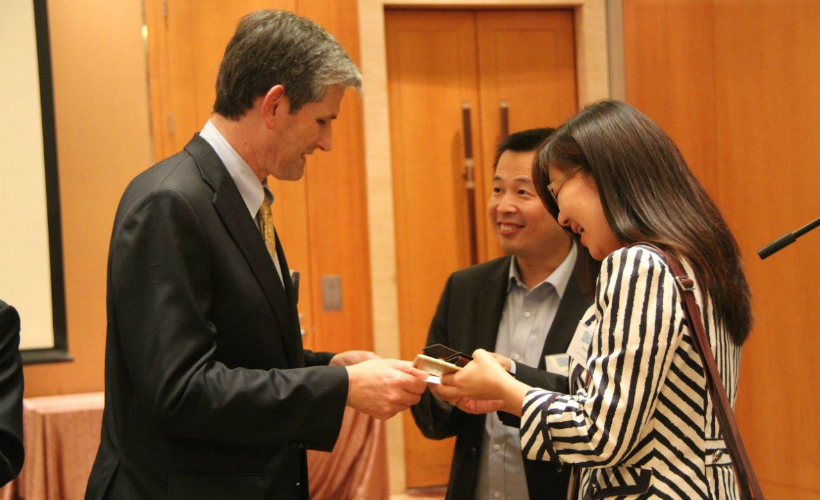
9. During introductions or conversations with senior executives of officials, never turn away from them or stand with your back to them without politely finishing the interaction.
10. Never put your hands in your pockets when talking with someone.
11. In general, small gifts may be exchanged in business meetings. When received, these gifts are not opened in the presence of the giver, as that would be deemed greedy, not gracious.
12. In all interactions, Indonesians will err on the side of graciousness and politeness. During meetings or informal conversations, it is good to keep in mind that a spoken “yes” may not be considered binding. “Yes, but” usually means “no” because saying “no” to someone is impolite, so don’t assume a positive response means you have agreement.
13. Remember, this also means that expressing anger in public through tone of voice, loudness, or body language is always inappropriate, as is using pens with red ink when writing.
14. When doing business or attending meetings or keeping social appointments, particularly in Jakarta, know that there is the propensity for Indonesians to practise what is locally known as jam karet or “rubber time”. What this can mean is someone showing up for a meeting or appointment at 6PM, when the time initially designated was 5PM or even earlier. The first explanation most Jakartans would offer is “macet” (traffic jam). In Jakarta, this is most likely a valid excuse, although your own culture might prompt you to think “you could have left earlier”. The key to defusing annoyance in these kinds of situations is to keep in mind that local etiquette requires flexibility and graciousness in the face of conflict.

15. When it comes to business attire, as a rule of thumb, err on the formal side as conservative dress is key in many situations because Indonesia is a predominantly Muslim culture.
16. For women, modesty is the best policy. Standard business attire for women includes conservative dresses or skirts of moderate (over the knee) length and tops/blouses with modest necklines.
17. Business suits and hosiery are reserved for more formal offices.
18. Pants and pantsuits are best avoided.
19. In general, muted hues are the best way to go; however, bright and vivid colors in traditional patterns are also considered appropriate for the workplace.
20. For both tourism and business, the best fabrics for the tropics are cotton, linen, denim, and light cotton blends. Avoid synthetics and primarily synthetic blends.
![]()
Read Next:
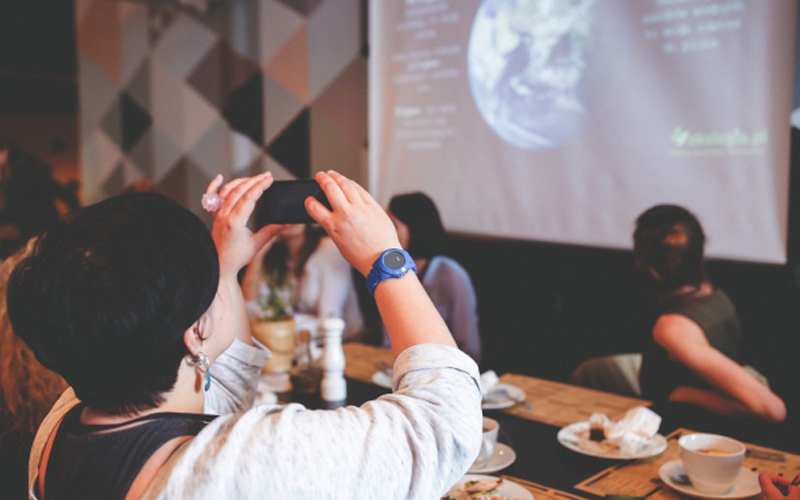 |
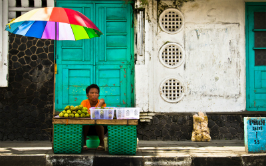 |
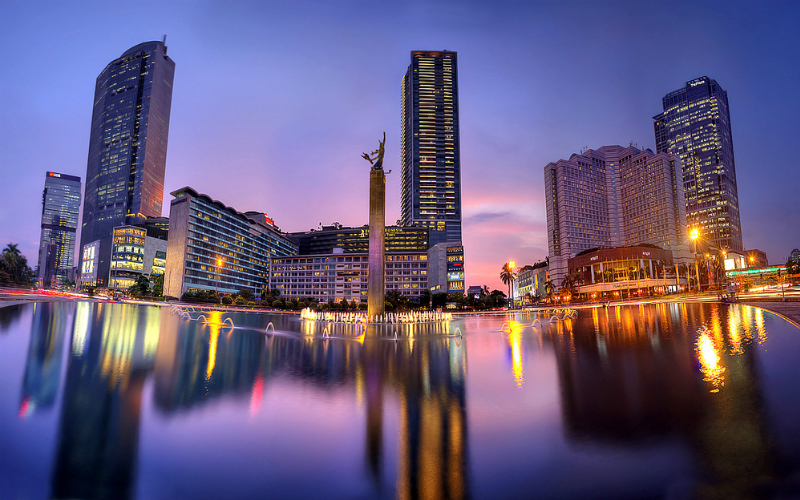 |
| Travelling To Asia For Work? Here’s What You Need To Know | Is Jakarta Safe For Women To Travel Alone? | Going To Jakarta For Work? These Are The Hotels You Should Stay At |
